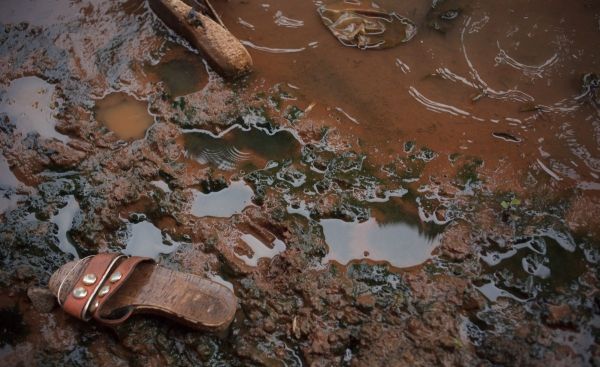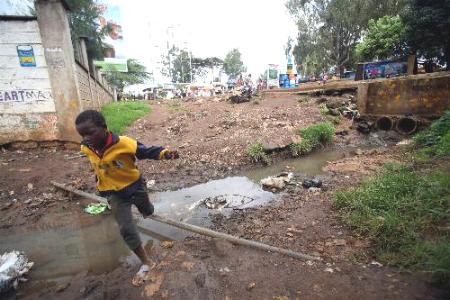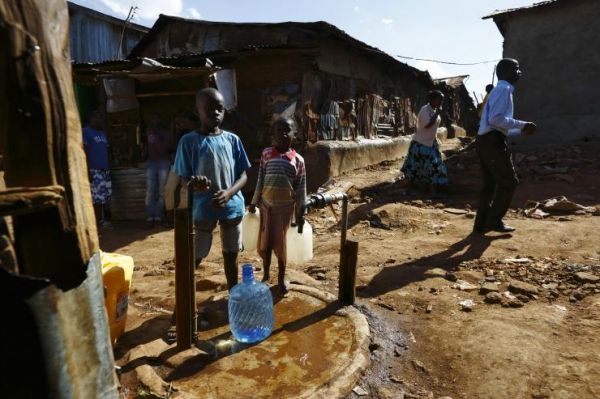Spread of virus aggravated by flooding
Health officials in Nairobi have introduced emergency measures to deal with the latest cholera outbreak which has resulted in 50 deaths since the first cases were reported in the city in January.
Nairobi governor Evans Kidero has banned the street hawking of raw food in a bid to curb the deadly disease which broke out originally in western Kenya before spreading to the capital, as well as to central and coastal regions.
The Kibera slum area of Nairobi is the worst affected by the bacteria which is spread by contaminated water and food, triggered by poor drainage systems and sewerage infrastructure.
The problem has been compounded by recent heavy rainfalls and flash floods in Nairobi over the past month, leading to floating rubbish and over-crowding in hospitals.
International organisations such as Médecins Sans Frontières (MSF) are helping local health authorities to contain the disease, treating patients and educating residents on ways of purifying and storing clean drinking water.
The last major outbreak of cholera in Nairobi was in 2009-2010. The Kenyan health ministry is convening on 21 May to discuss long-term strategies to contain the latest cholera outbreak.


















